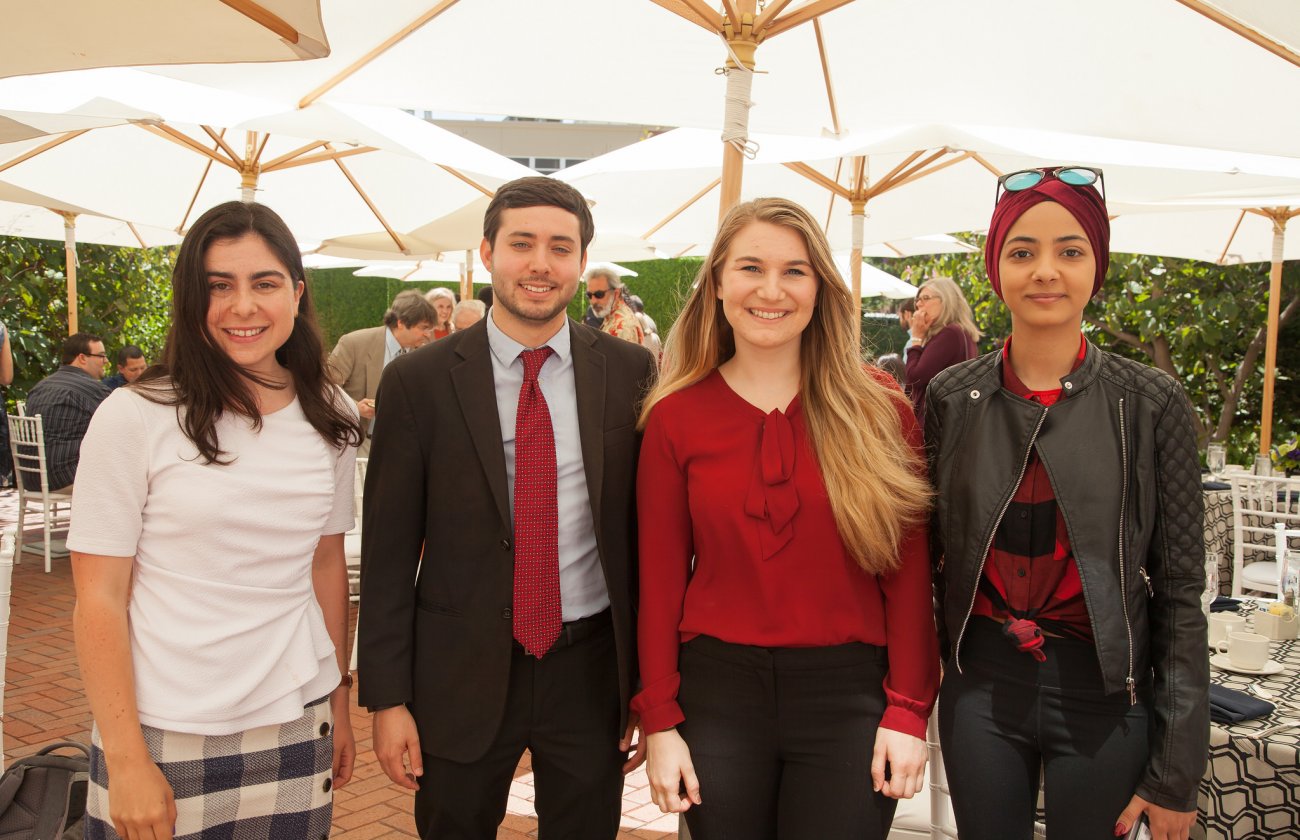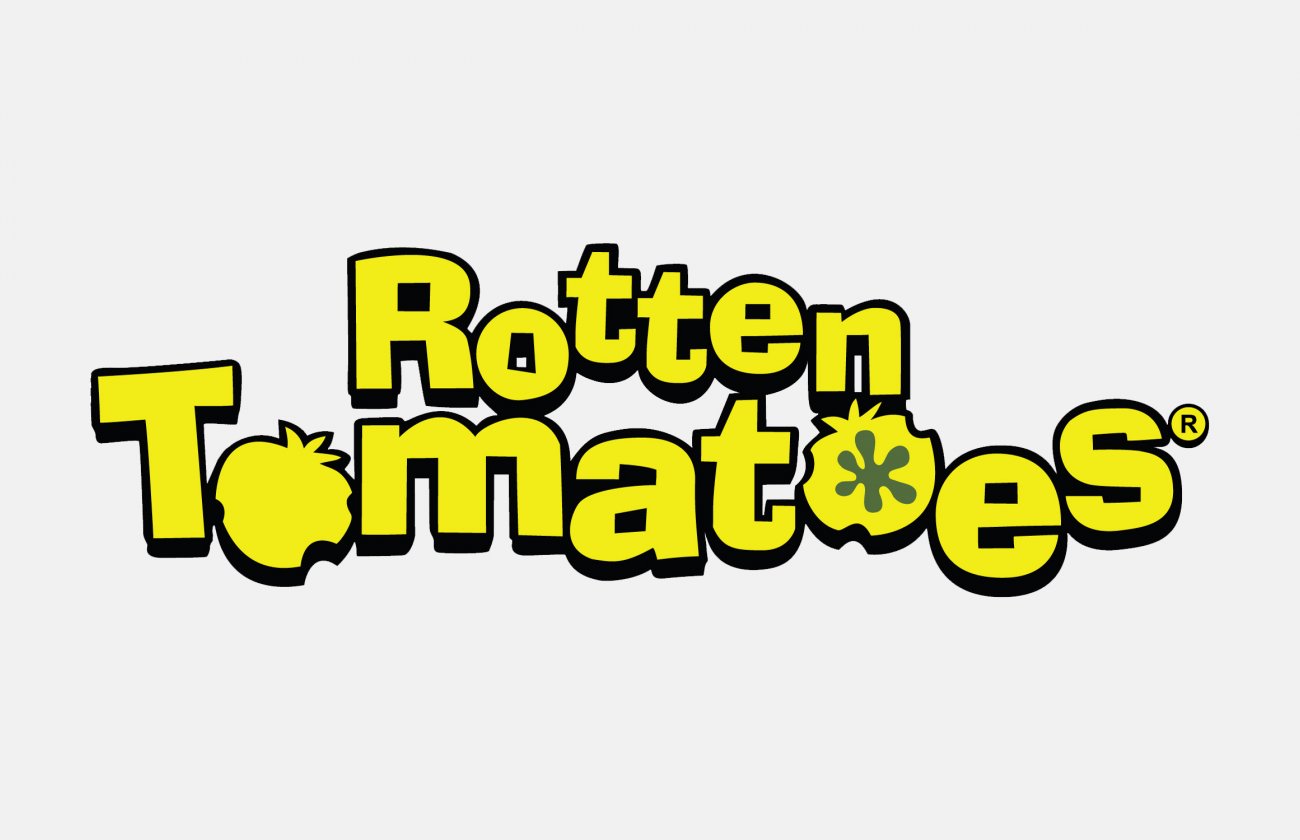Reporters from The Associated Press have won USC Annenberg’s 2016 Selden Ring Award for Investigative Reporting, for a series of stories that showed how seafood sold in U.S. grocery stores and restaurants had been produced by slaves. Their work prompted reforms and prosecutions — and the release of more than 2,000 people who had been held captive in horrific circumstances.

The $35,000 annual Selden Ring Award, which the School of Journalism at USC Annenberg has presented for 27 years , honors the year’s outstanding work in investigative journalism that led to direct results.
From the judges’ statement:
“Slavery at sea has been the subject of substantial journalism before, but the AP team went to new lengths to expose an abusive system from start to finish. They followed the trail to a tiny island in Indonesia, giving voice to those being held against their will and forced to work for nothing. That led to a follow-up story, documenting the freeing of captives spurred by the original report:
‘At first the men filtered in by twos and threes, hearing whispers of a possible rescue. Then, as the news rippled around island, hundreds of weathered former and current slaves with long, greasy hair and tattoos streamed from their trawlers, down the hills, even out of the jungle, running toward what they had only dreamed of for years: Freedom.’
‘The Burmese men were among hundreds of migrant workers revealed in an Associated Press investigation to have been lured or tricked into leaving their countries and forced into catching fish for consumers around the world, including the United States. In response to the AP’s findings, Indonesian government officials visited the island village of Benjina on Friday and found brutal conditions, down to an ‘enforcer’ paid to beat men up. They offered immediate evacuation.’
The AP team kept going from there. They logged the names of ships carrying seafood caught by slaves and used satellite data to track where they went and which companies sold the cargo. Reporters watched trucks being unloaded, following them to cold storage and processing factories that shipped the seafood abroad. Bit by bit, they put together a list of companies selling cargo caught by slaves and then connected that cargo to U.S. distributors.”
Mendoza, an AP National Writer who works out of Santa Cruz, Calif., explained the impetus of the project by the team that included McDowell and Htusan in Myanmar and Mason in Indonesia.

Winning the Selden Ring Award will bring more attention to the issue, Mendoza said. “The enslaved people were risking their lives when they spoke to us. Yet they told their stories with courage and integrity. They deserve the recognition.”
The AP’s entry letter described the lengths reporters went to as they tracked shipments of seafood, after finding slaves in cages on the remote Indonesian island of Benjina:
“On the island, the reporters logged the names of ships loaded with slave-caught seafood, then used satellite data to track them. One ship went to a Thai seaport, and so did our reporters. For four days, they hid in the back of a small truck, scrunched down behind tinted windows because the area was patrolled by gunmen for the fish mafia. The reporters watched as the seafood was unloaded into trucks, and they followed the trucks to cold storage and processing factories that then ship the seafood abroad.”
Before publishing the initial report in March 2015, the AP made sure the captives they quoted and photographed would not be punished or killed. They received help from the International Organization for Migration, which arranged for their rescue.
The reporting revealed more slavery in Thailand, where government officials had claimed the problem had been resolved. The team found children and migrants locked in filthy working conditions, peeling shrimp in fetid processing sheds. The investigation linked the sheds to supply chains that reach European and Asian markets and U.S. restaurants and chains including Wal-Mart, Target, Whole Foods and Red Lobster.
The impact of the reporting was swift and extensive. According to the AP, “The United Nations is now investigating labor abuses in supply chains, as are local district attorneys and federal law enforcement agencies. The European Union warned Thailand that it risked an EU seafood import ban if it failed to deal promptly with slavery in the industry. And the U.S. State Department cited the reporting when it kept Thailand on its blacklist for human trafficking.”
U.S. legislation has since been introduced that would require greater transparency from food suppliers.
“The Selden Ring Award underscores the importance of investigative journalism, which is extensive, time-consuming, uncomfortable and challenging,” Mendoza said. “This project really made a difference in people’s lives, and the award recognizes that.”
The judges also recognized the impressive work of two finalists:
“The Tampa Bay Times, for its sweeping 18-month investigation into the lowest performing schools of Pinellas County, Florida — all low-income, predominantly black campuses that had been re-segregated by school leaders and had gotten markedly worse in just a few short years. The reporting team analyzed millions of rows of data on student performance and told the stories of children who were failed by the system. The work, heartbreaking and thorough, has prompted immediate change and calls for more far-reaching reforms that have the potential to help generations of children.”
“The Washington Post, for its exhaustive, even-handed, illuminating exploration of fatal shootings by police officers in the United States, a project that exposed flaws in government recordkeeping and contradicted some popular assumptions.”
"With over 80 entries representing a significant amount of high-quality, investigative reporting, the field this year was extremely competitive," said Willow Bay, Director of the USC Annenberg School of Journalism.
"We would like to thank the Selden Ring 2016 judges' panel, which included some of the best investigative journalists in the business, for the work they put into selecting the winner. It is truly an honor for USC Annenberg to present this prestigious award."
This year’s Selden Ring panel included: Rebecca Corbett, Assistant Masthead Editor at The New York Times; Marc Duvoisin, Managing Editor of the Los Angeles Times; Robin Fields, Managing Editor of ProPublica; Brant Houston, Professor and Knight Chair of Investigative Reporting at the University of Illinois Urbana-Champaign’s College of Media; Mark Katches, Editor of The Oregonian and Vice President of Oregonian Media Group; Megan Twohey, investigative reporter at Thomson Reuters; and 2015 Selden Ring winners Audra D.S. Burch and Carol Marbin of The Miami Herald.
The Selden Ring Award for Investigative Reporting was established in 1989 by the late Selden Ring, a Southern California business leader and philanthropist. He established the award to honor journalists whose investigative reporting informed the public about major problems or corruption in society and yielded concrete results. The award continues in his name thanks to the generous support of the Ring Foundation.
The Selden Ring Award for Investigative Reporting: A Look Back
USC Annenberg has honored remarkable work in investigative journalism with the Selden Ring Award for Investigative Reporting, a $35,000 prize presented annually to reporters whose work effected change. In anticipation of the winner announcement, we took a look back at the stories that have all shared the prestigious distinction.
The Miami Herald's "Innocents Lost" Project Wins USC Annenberg's 2015 Selden Ring Award
Miami Herald reporters Carol Marbin Miller and Audra D.S. Burch won USC Annenberg’s 2015 Selden Ring Award for Investigative Reporting for their examination of six years of child deaths in Florida – a project that immediately resulted in the most sweeping overhaul of child welfare laws in the state’s history.
2015 Selden Ring Award honorees discuss investigative Miami Herald project
Carol Marbin Miller and Audra D.S. Burch discussed their experiences writing "Innocents Lost" with an audeince of students, faculty and staff during a special event in Wallis Annenberg Hall.








